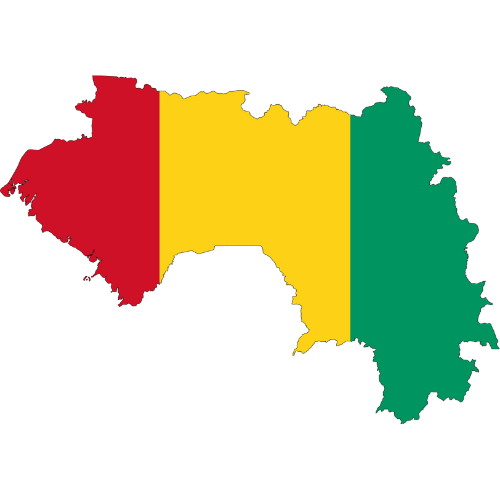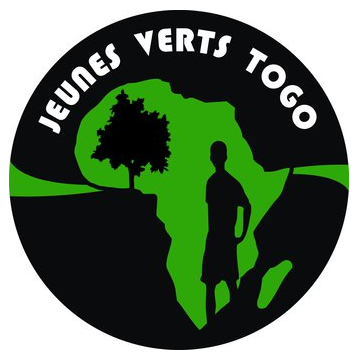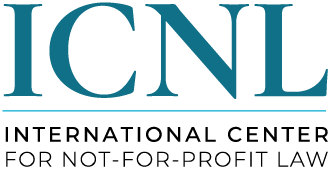Guinea
WEST AFRICA CIVIC SPACE INDEX
Guinea is a West African nation that has faced political instability and authoritarian rule for much of its history since independence in 1958. The country has experienced two military coups since 2020, further destabilizing its politics. In September 2021, a military junta seized power from President Alpha Condé, who had been controversially elected to a third term in office amid violent protests. The coup leaders dissolved the government, suspended the constitution. Civic space and human rights protections, already strained, faced exacerbated challenges in this tumultuous environment.
The analysis of indicators positions Guinea's civic space as "Constricted." Severe restrictions on freedoms of assembly, expression, association, and political participation persist post-coups. A weak judiciary, corruption, human rights abuses, and strict controls on civil society and media characterize this constrained civic space.
Key concerns include excessive force against protesters, intimidation and arrest of activists and journalists, restrictive regulations on NGOs, political exclusion, limited civil society input in policymaking, discrimination, and corruption.
Despite these challenges, Guinea's vibrant tradition of trade unionism and civil society mobilization persists, advocating for rights despite repression. Leveraging this tradition and lifting restrictions could fortify civic space. Substantive reforms are imperative to realize Guinea's democratic aspirations and foster open civic engagement.
Indicator Assessments
Freedom of Assembly:
Practically limited by arbitrary bans and excessive force. Restrictive legal frameworks hinder this right.
Freedom of Expression:
Media faces censorship and tight controls. Common harassment and arrest of journalists indicate a lack of tolerance for critical speech.
Freedom of Association:
Burdensome registration and high government interference limit NGO independence.
Rule of Law:
Lack of judicial independence, widespread corruption, and frequent arbitrary arrests indicate limited protections.
Political Participation:
Elections are often flawed, with opposition exclusion. Improvements needed in voter registration and political inclusion.
Civil Society Participation:
Highly limited space for CSO input in policy. Inadequate public consultations and marginal civic engagement in decisions.
Human Rights Protection:
Common abuses, discrimination, and limited access to justice indicate poor protections.
Anti-Corruption and Transparency:
Pervasive corruption despite institutional measures. Severe limitations on government transparency and access to information.
Safety of Activists:
Threats, harassment, and arbitrary arrests create a climate of fear. Legal protections exist on paper, but impunity persists.
Access to Information:
Poor implementation of access to information laws. Lack of publicly available government data undermines transparency.
Challenges and Opportunities
Guinea grapples with authoritarianism, freedom restrictions, corruption, and weak rule of law. However, there's an opportunity for progress through the empowerment of civil society. The major challenge lies in the dearth of political rights and civil liberties, with authoritarian practices limiting critical speech and dissent. Upholding fundamental freedoms becomes imperative.
Widespread corruption has eroded economic opportunities and public trust. Addressing graft through accountability mechanisms and protecting journalists and activists could enhance governance. The weak judiciary and security force abuses contribute to a climate of impunity. Strengthening rule of law and accountability for rights violations is crucial. Guinea's strong civil society mobilization for rights is evident in protests against authoritarian rule. Removing legal and administrative hurdles for NGOs and unions could empower them to advocate for reforms.
Past democratic movements indicate the potential for pluralistic politics in Guinea. However, restrictions on political opposition and the lack of free elections hinder this potential. Allowing inclusive participation and dissent is key.
Targeted legal reforms, lifting restrictions on civic freedoms, anti-corruption efforts, and protections for human rights defenders could facilitate Guinea's transition to a more open civic space.
Based on the analysis of the indicators, Guinea's civic space is classified as “Constricted,” with severe restrictions across key dimensions of civic life.




